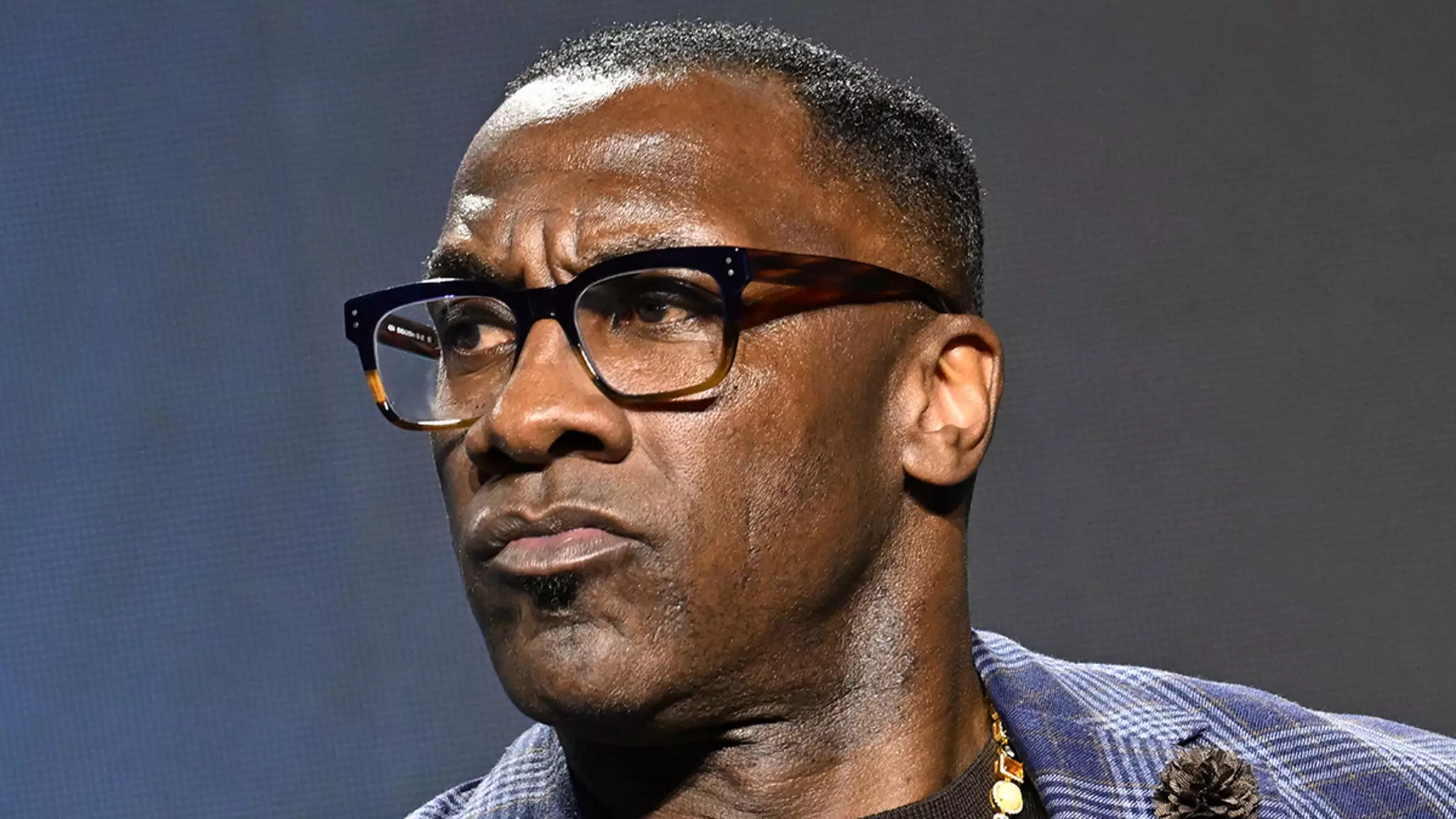The recent lawsuit filed against former NFL star Shannon Sharpe has sent shockwaves through the sports community and beyond. The allegations of multiple rapes against a woman known only as Jane Doe come with grave implications, not just for Sharpe’s personal brand but also for the broader discussion regarding power dynamics in relationships. It raises critical questions about consent, control, and the exploitation often fueled by fame and influence.
On the surface, the details of the suit are harrowing. Allegations have surfaced that the relationship began under the guise of support but morphed into a controlling and abusive dynamic. Sharpe is accused of utilizing his stature to exert dominance over a significantly younger woman, which highlights a troubling trend where power imbalances in relationships can lead to severe emotional and physical harm.
The Temptation of Fame
What often goes unnoticed in situations like these is how fame can corrupt one’s moral compass, distorting perceptions of consent. The initial meeting between Sharpe and Doe was at a gym, a space typically associated with empowerment and personal growth. Instead, it seems to have devolved into a realm of intimidation and control. The promises made by Sharpe during these formative encounters—most notably, a peculiar offer involving cosmetic enhancements—should have raised alarms. Rather than the excitement of budding romance, it reveals a troubling dependency on materialistic favor to gain affection.
It’s worth examining how societal perceptions of celebrities can lead to diminished accountability. Throughout his career, Sharpe has lived in a spotlight that affords him both privilege and power. For many, these attributes might render him untouchable, but the lawsuit turns this notion on its head. It is a powerful reminder that celebrities, too, can and should be held accountable for their actions, particularly when those actions obscure the line between coercion and consent.
The Complexity of Consent
The complexities surrounding consent cannot be overstated, especially in relationships marred by significant power differentials. The lawsuit paints a picture of a relationship dominated by fear—one partner allegedly using manipulation and intimidation to achieve compliance. The accounts of emotional and physical threats are alarming and challenge the traditional narrative often thrust upon relationships involving celebrated figures.
Sharpe’s purported tirades, including a chilling incident where he physically threatened Doe, exemplify how abusive power can manifest in otherwise inconspicuous settings. The moment he recognized her sharing her location with friends—a common safety measure—he decoded it as betrayal, opting for aggression rather than communication. This reaction underscores the toxic nature of their dynamic, showcasing a disturbing misuse of power that often silences victims and engenders a climate of fear.
Furthermore, the lawsuit describes two acts of alleged sexual violence, both committed under duress. The notion that a person could be coerced into silence through the fear of violent retribution is a testament to the tragic realities many individuals face. It challenges our understanding of relationships, opening up discussions about the underlying issues of control, fear, and the psychological toll such dynamics can produce.
Bravery in Vulnerability
What seems to stand out most poignantly in this entire saga is the courage it takes for survivors to speak out. Jane Doe’s decision to publicly accuse a high-profile figure reflects the ongoing struggle individuals face when confronting their abusers. In a society where women often grapple with disbelief and shame, Doe’s determination to bring the truth forward deserves our respect and acknowledgment.
Tony Buzbee, her attorney, articulated a profound truth in stating that standing against someone wielding power, wealth, and fame requires an extraordinary amount of bravery. The societal repercussions for those who dare to come forward can be daunting—ranging from public scrutiny to social retribution. Yet, this legal action could pave the way for broader conversations about consent, accountability, and the necessary steps to dismantle toxic relationships, especially those involving significant power imbalances.
It’s crucial that society begins to recognize the signs of such imbalances and the dangers they pose. These allegations exemplify a stark reality: that the glimmer of fame can mask darker truths, ultimately costing individuals their dignity and safety. This situation serves as an urgent call to action, underscoring the importance of amplifying survivors’ voices and transforming the conversation around consent and control in relationships.

